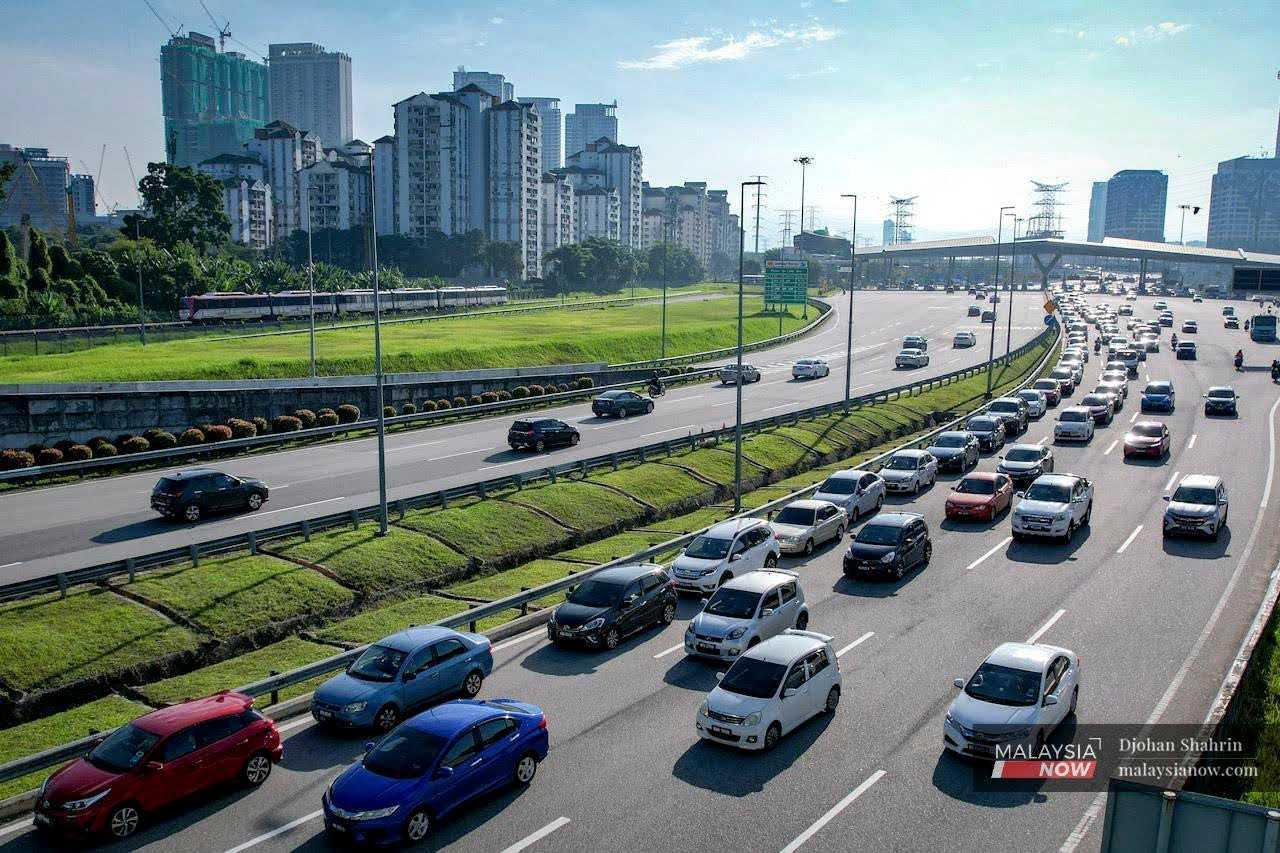Electric vehicles, green enough to help save the environment?
While they are often touted as a cleaner alternative to combustion engines, electric vehicles come with their own set of question marks.
Just In
As environmental concerns rise amid reports of extreme weather conditions and mass deforestation in some of the world's largest jungles, attention has turned to the oft-asked question of what more can be done in terms of conservation efforts.
Throughout the world, people have been urged to "go green", and Malaysia is no exception.
In its budget for 2022, for instance, the government announced a series of incentives for electric vehicle (EV) owners, proposing full exemptions on import duties, excise duties and sales tax for EVs as well as road tax exemptions of up to 100%.
It also announced individual income tax relief of up to RM2,500 on the cost of purchase and installation, rental and hire purchase of facilities as well as the payment subscription fees for EV-charging facilities.
EVs, long touted as a cleaner alternative to petrol engine vehicles, appear key in efforts to reduce carbon emissions, especially in a country such as Malaysia where there are an estimated five million active road users in the Klang Valley alone.
But questions remain on how much real impact they have in efforts to save the environment.
Aerospace engineer Mohd Izmir Yamin said the main weakness of EVs was the pollution generated in the mining process of lithium materials for batteries.
Speaking to MalaysiaNow, he said the disposal of these batteries was also a problem.
Nevertheless, he said, this did not mean that EVs should be completely rejected.
In fact, he added, the government's move to exempt duties for EVs in the 2022 budget was a good decision.
"It was a smart move if you take into account the EV ecosystem and plans for the future," he said.
But Izmir, whose aerospace company Independence-X Aerospace develops drone systems and works with renewable energy sources like hydrogen and thorium, said other questions remained about Malaysia's use of EVs.
"If EVs only run on batteries, what about charging stations and battery disposal? And if they're hydrogen EVs, what about the hydrogen filling stations?"
Automotive expert Chips Yap meanwhile raised concerns about EVs' use of electricity, saying the power plants themselves contribute to carbon emissions.
"If demand for electricity rises as more EVs come into use, these plants will be working harder and emissions will go up," he said.
He said EV users would also have to consider the battery pack which replaces the oil tank in normal vehicles.
For one thing, he said, the production of these batteries requires rare materials. For another, they can emit up to 150kg of carbon dioxide for every one kilowatt per hour (kWh) of battery capacity.
In order for an EV to travel 500km, he said, it would need a battery pack with a storage capacity of 60kWh, adding nine tonnes of carbon dioxide to the vehicle production.
"This would have a negative impact in terms of the environment," he added. "But this is rarely brought up by those who promote EVs."
Still, Yap said, Malaysia as a member of the international community should think of ways to help further the environmental agenda.
If EVs are not a viable short- or medium-term solution, he said, the government could impose stricter regulations on carbon emissions from combustion engines.
Car makers could support such efforts as they already have more advanced technology in terms of carbon emission standards.
"But if Malaysia does not raise its standards, there is also the danger that we will become a market where only old technology can be used," Yap said.
"In time, that may prove expensive as no one makes engines to old standards."
Izmir meanwhile spoke of alternative technology in hydrogen EVs such as the Toyota Mirai, and the nuclear EVs once conceptualised in the Ford Nucleon.
He believes that EVs will have replaced petrol consumption in about five years' time.
Subscribe to our newsletter
To be updated with all the latest news and analyses daily.
